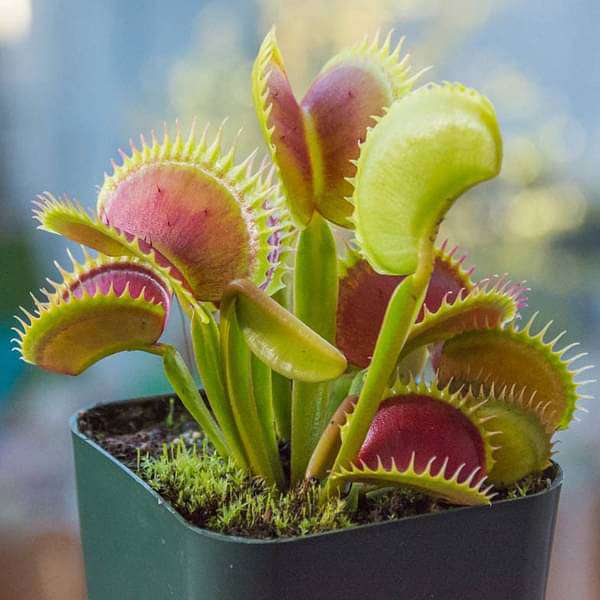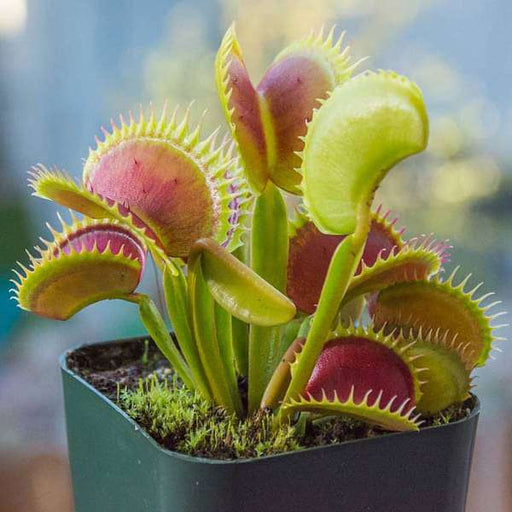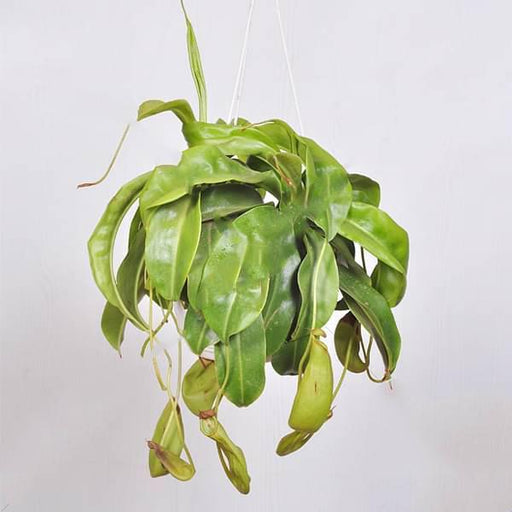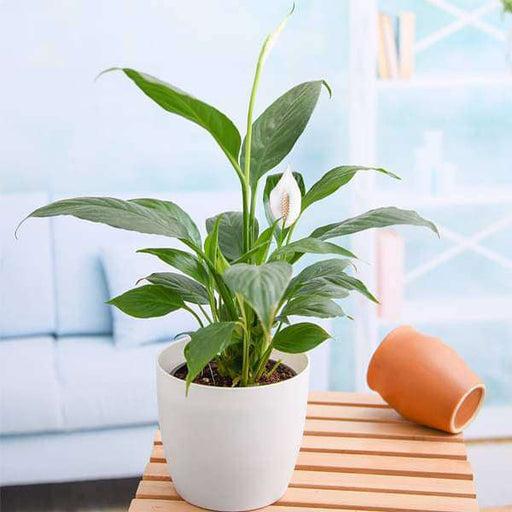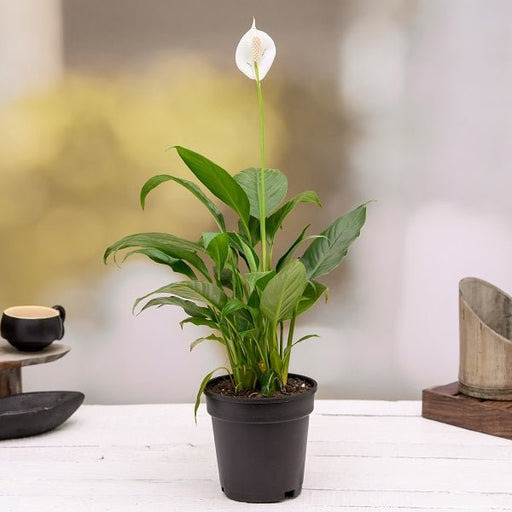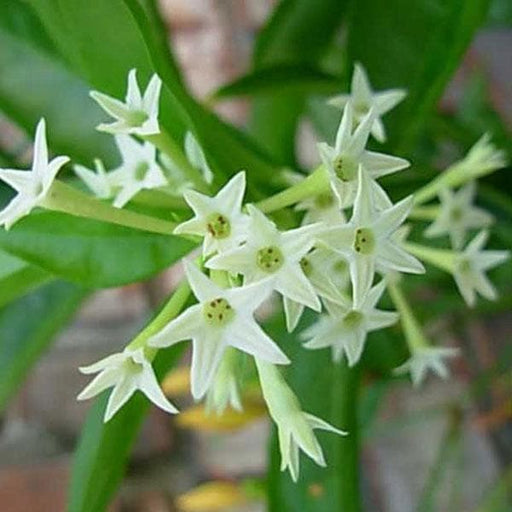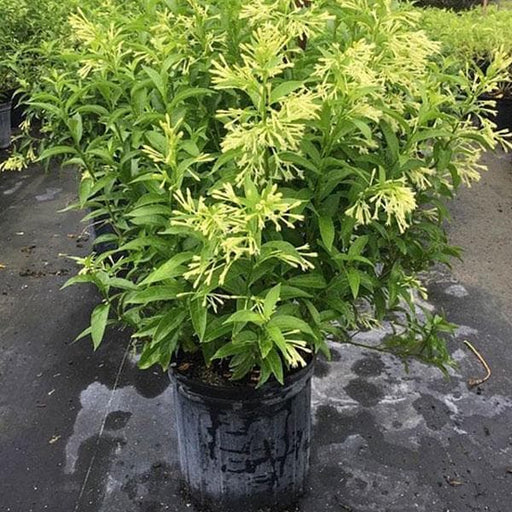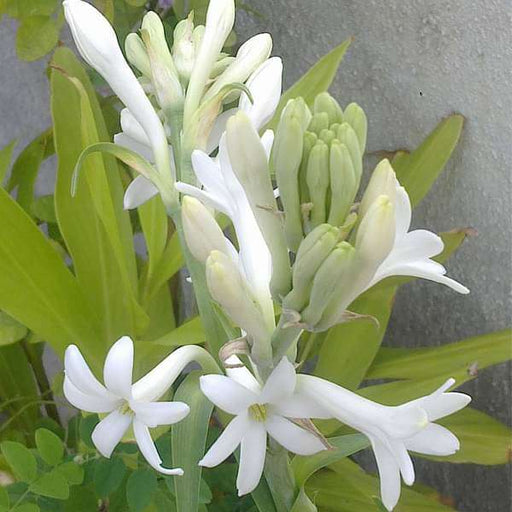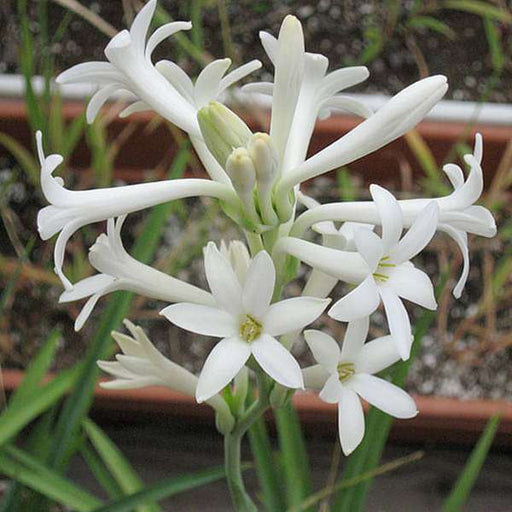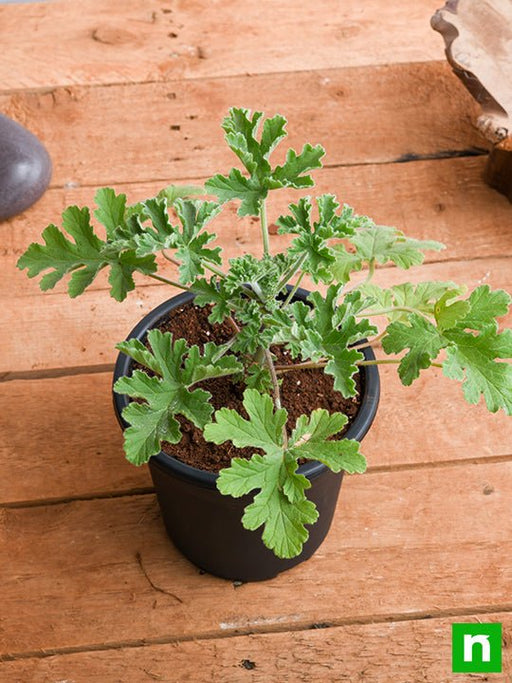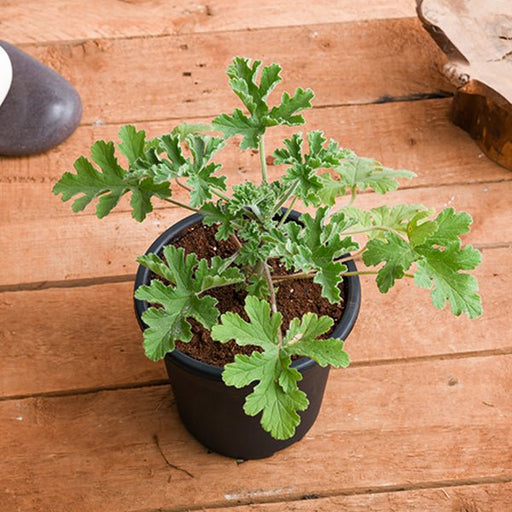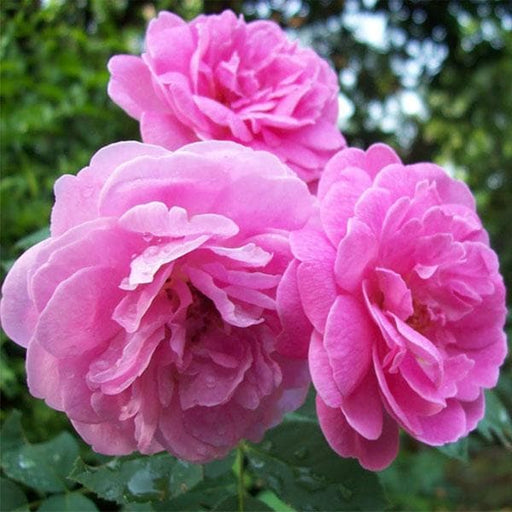Venus Flytrap
Venus Flytraps are one of the most well-known carnivorous plants. They have unique traps that snap shut when triggered by a flying or crawling insect. Consider learning more about these fascinating plants and how to care for them.
Pitcher Plant
Pitcher Plants are another popular type of carnivorous plant. They have long, tubular leaves that form a pitcher-like shape and are filled with digestive enzymes. Consider adding a Pitcher Plant to your carnivorous plant collection.
Sundew
Sundews are carnivorous plants with leaves covered in sticky, glandular hairs that trap insects. The hairs then curl around the insect, releasing digestive enzymes to break it down. Consider adding a Sundew to your indoor or outdoor garden.
Nepenthes
Nepenthes, also known as tropical pitcher plants, are carnivorous plants with pitcher-like leaves that are filled with digestive enzymes. They are native to tropical regions and are prized for their unique appearance. Consider learning more about Nepenthes and how to care for them.
Drosera
Drosera, also known as the "sundew" family, are carnivorous plants with sticky, glandular hairs that trap insects. They are found in a wide variety of habitats, from deserts to swamps. Consider adding a Drosera to your carnivorous plant collection.
Sarracenia
Sarracenia, also known as North American pitcher plants, are carnivorous plants with trumpet-shaped leaves that form a pitcher. They are native to the eastern United States and are known for their stunning coloration. Consider adding a Sarracenia to your carnivorous plant collection.
Bladderwort
Bladderworts are carnivorous plants with tiny, bladder-like traps that suction in small aquatic organisms. They are found in aquatic habitats around the world and are prized for their unique and efficient hunting strategy.
Butterwort
Butterworts are carnivorous plants with leaves covered in sticky, glandular hairs that trap insects. They are found in a wide range of habitats, from bogs to mountain tops. Consider adding a Butterwort to your carnivorous plant collection.
Cobra Plant
Cobra Plants are carnivorous plants with a unique hooded structure that resembles a cobra's head. They are native to California and Oregon and are prized for their striking appearance.
Waterwheel Plant
Waterwheel Plants are carnivorous plants that live underwater and have blade-like leaves that spin like a waterwheel to trap small aquatic organisms. They are found in aquatic habitats around the world and are prized for their unique and efficient hunting strategy.
Flypaper Trap
Flypaper Traps are carnivorous plants with sticky leaves that trap insects. They are found in a variety of habitats and are known for their effective trapping strategy. Consider adding a Flypaper Trap to your carnivorous plant collection.
Lobster Plant
Lobster Plants are carnivorous plants with unique, lobster-like leaves that trap insects. They are native to Mexico and are prized for their striking appearance.
Trumpet Plant
Trumpet Plants are carnivorous plants with trumpet-shaped leaves that form a pitcher. They are native to North America and are known for their striking coloration. Consider adding a Trumpet Plant to your carnivorous plant collection.
Venus Flytrap Cultivation
Cultivating Venus Flytraps can be a fun and rewarding process. Consider learning more about Venus Flytrap care and cultivation techniques to keep your plant healthy and happy.
Pitcher Plant Cultivation
Cultivating Pitcher Plants can be a challenging but rewarding process. Consider learning about Pitcher Plant care and cultivation techniques to help your plant thrive.
Carnivorous Plant Terrarium
Creating a carnivorous plant terrarium can be a unique and fun way to showcase these fascinating plants. Consider researching carnivorous plant terrarium setups and creating your own.
Carnivorous Plant Soil
Carnivorous plants require a special type of soil that is low in nutrients and high in acidity. Consider learning about the best soil options for carnivorous plants to help your plants thrive.
Carnivorous Plants and Pest Control
Carnivorous plants can be used as a natural form of pest control in your garden or home. Consider adding carnivorous plants to your pest control strategy to help control unwanted insect populations.
Carnivorous Plants and Conservation
Many species of carnivorous plants are threatened by habitat loss and other environmental factors. Consider supporting carnivorous plant conservation efforts to help protect these unique and important plants.
Carnivorous Plant Art
Carnivorous plants can be a fascinating subject for art and illustration. Consider exploring carnivorous plant art and adding a carnivorous plant-themed piece to your home decor.

